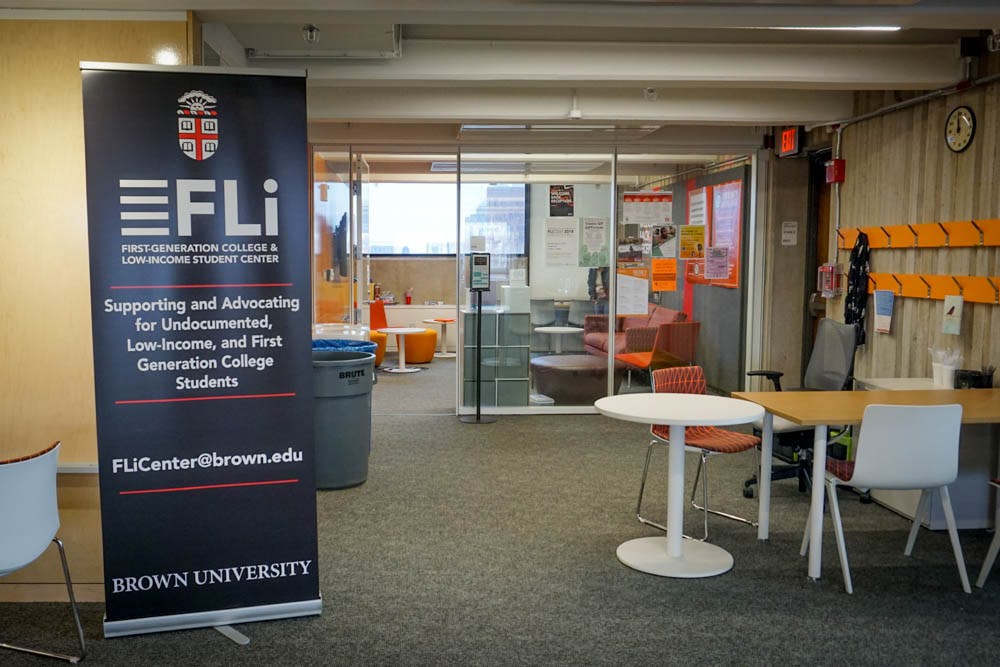Julio Reyes ’12, program director of the First-Generation College and Low-Income Student Center, and Renata Mauriz ’17, the center’s student success coordinator, collaborated this summer to launch the FLi Scholars Program. The program is a year-long community building and leadership program for first-year students that is aimed at cultivating socially conscious leaders, according to the center’s website. Low-income, first-generation and undocumented students were eligible to apply to the inaugural cohort this year.
According to Reyes, the duo wanted to “imagine new possibilities and new ways to support students.”
The program is focused on three aspects: community engagement, leadership development and advising, Reyes said. The program tries to build “a community of peers” among first-year students by creating a cohort, allowing students to have “people they could rely on for additional support,” he added.
A key aspect of the program is its focus on intersectionality. “We realized that students who are first-generation and/or low-income students hold many other identities,” Mauriz said. In order to effectively adopt an intersectional approach, the program partnered with the Brown Center for Students of Color, Counseling and Psychological Services and the Office of the Dean of the College. “We are proactive in ensuring that our students that are in the cohort have the tools to succeed from their first semester of Brown,” Mauriz added. These partnerships also ensured that the program built on the work of existing pre-orientation programs that might also be tailored to the scholars’ interests and identities.
The program aims to provide students with a support network. Each of the 20 scholars in the program is paired with a staff worker from the FLi Center who acts as their advisor. The center’s “strength-based” advising “is oriented by the student’s goals, and it validates their experiences and knowledge before they enter Brown,” Mauriz said. The program hopes to dispel the myth that low-income students are behind their peers and instead seeks to highlight the skills and assets they bring to campus, Reyes and Mauriz said.
Scholars are also encouraged to look beyond the College Hill bubble in their first year and participate in off-campus fundraisers and events. “Off-campus events create an opportunity for them to think outside of Brown and build community beyond campus,” Mauriz added.
Sibeles Torres ’22, a FLi Scholar, said she was motivated to join the program because she “thought it was the perfect opportunity to be part of a community right away, especially … a community of people with similar backgrounds as me.” She added that the program helped her overcome her homesickness.
Over the summer, a committee of graduate students and staff at the FLi Center selected “change-oriented” and “community-oriented” incoming students to participate in the program, Mauriz said. The committee sought out students who “demonstrated some sort of passion or commitment to a particular issue or population” and leadership skills. “We prioritized students who articulated how their identities and experiences influence how they thought about leadership,” she added.
Looking ahead, the FLi Center hopes to offer the program annually, Reyes said.
Mauriz also plans to add a peer-mentorship component to the program in the coming years. “We would love to connect the students who went through the program the first year to students who are in the program the next year,” she said. “We’re developing a model for mentorship for sophomores to first-years so they can create a community beyond their cohorts.”





